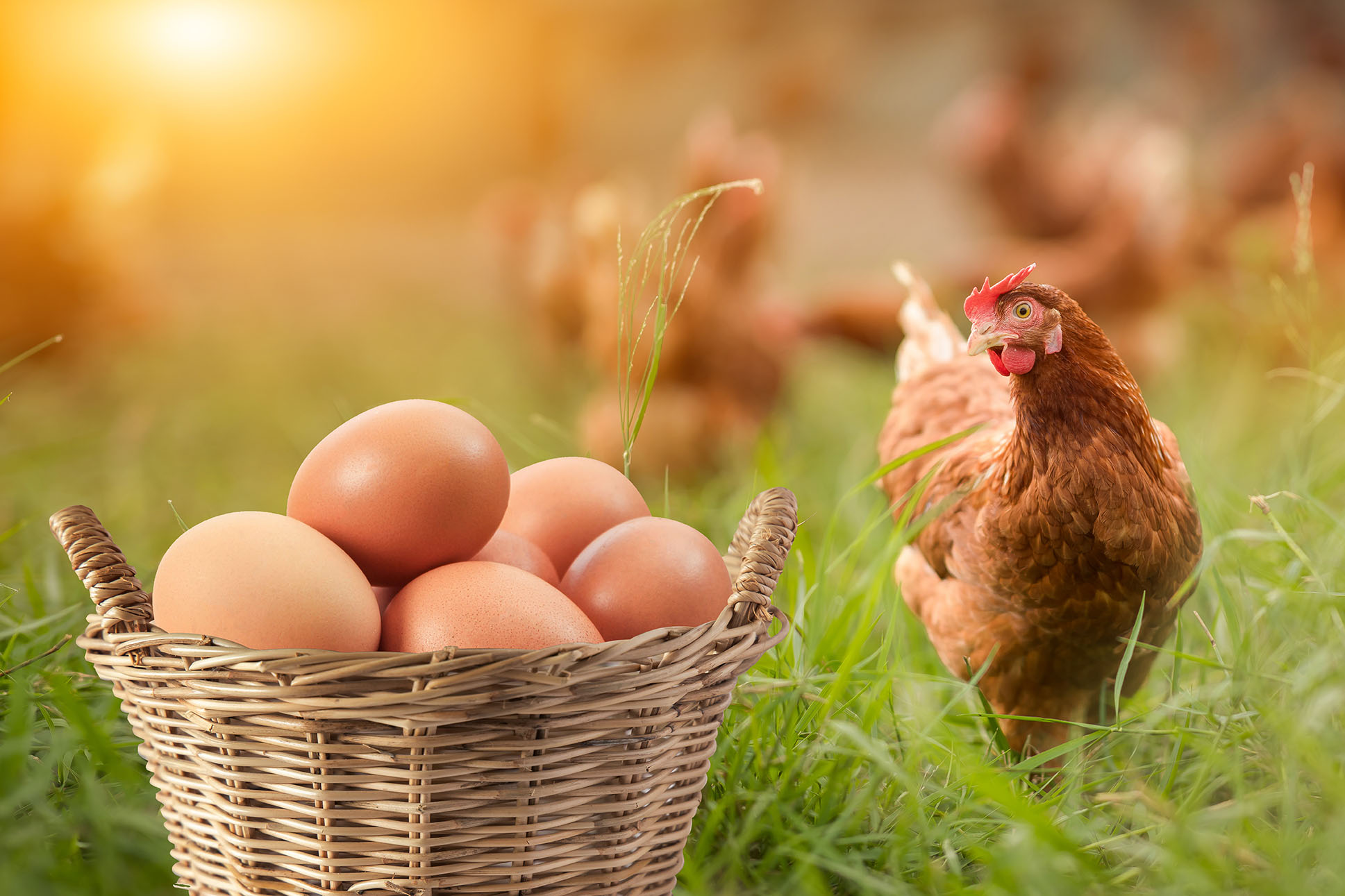

In an ecosystem, a producer is an organism that can convert light energy into chemical energy. This chemical energy is then stored in the form of carbohydrates, which can be used by other organisms for food.
Producers are the foundation of all ecosystems. They are the only organisms that can produce their own food, and they provide food for all other organisms.
Here are some of the characteristics of producers:
Producers are important for a number of reasons:
Producers are essential for the survival of all life on Earth.
The factory is a producer of cars.

Noun: a person or thing that produces something.
Verb: to produce something.
The word "producer" comes from the Latin word "producere", which means "to bring forth".
The first recorded use of the word "producer" in English was in the 14th century.
What is a producer?
Question:
Define a producer in the context of ecosystems and explain its role in energy flow. Provide examples of producers and discuss how they contribute to the sustenance of food chains and the overall balance of ecosystems.
Answer:
A producer, in the context of ecosystems, refers to an organism that can produce its own energy-rich organic compounds through the process of photosynthesis or chemosynthesis. Producers are the foundation of food chains and ecosystems, as they convert energy from the sun (or other energy sources) into usable forms for other organisms.
Photosynthetic producers, like plants and algae, use sunlight to convert carbon dioxide and water into glucose and oxygen. Chemosynthetic producers, found in unique environments like hydrothermal vents, use chemical energy to create organic compounds.
Plants are prime examples of terrestrial producers. They form the basis of many terrestrial food chains by providing energy to herbivores, which are then consumed by carnivores and omnivores. Aquatic ecosystems also rely on producers, like phytoplankton, which support marine food webs.
Producers play a critical role in maintaining the balance of ecosystems. They provide energy and nutrients that sustain entire food chains. Their photosynthetic activity also contributes to oxygen production, a fundamental element for all life on Earth.
Address
Developing Experts Limited
Exchange Street Buildings
35-37 Exchange Street
Norwich
NR2 1DP
UK
Phone
01603 273515
Email
hello@developingexperts.com
Copyright 2025 Developing Experts, All rights reserved.